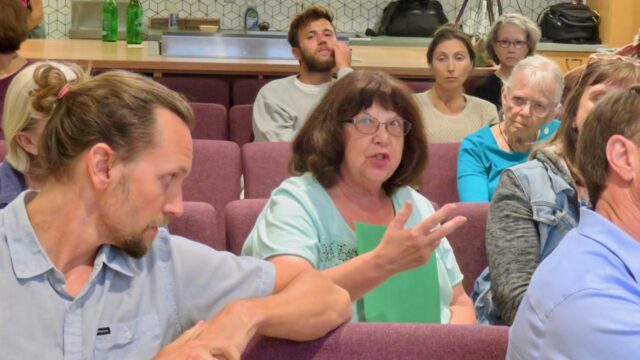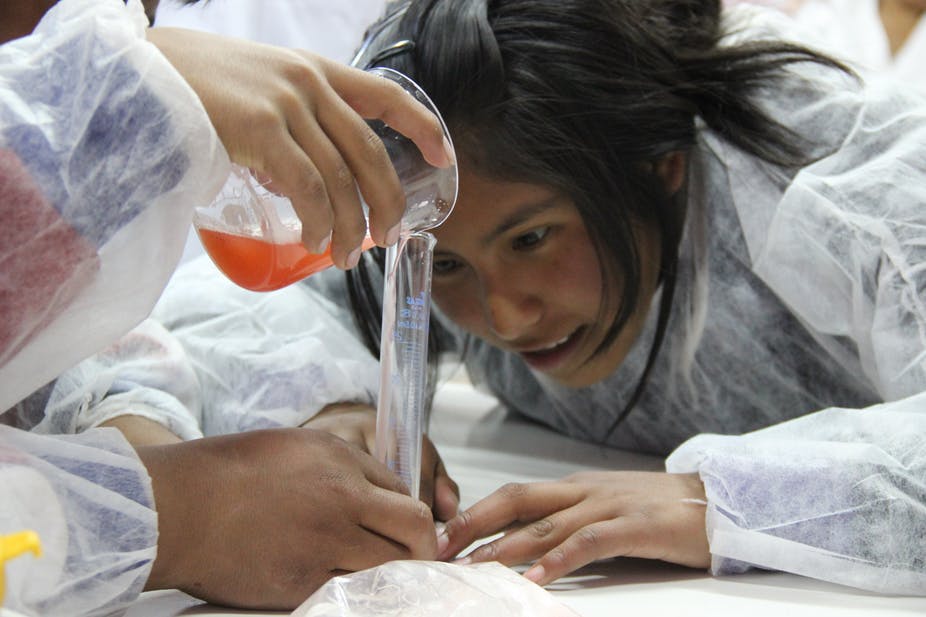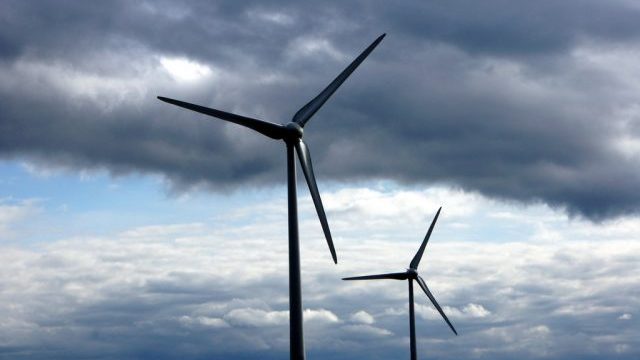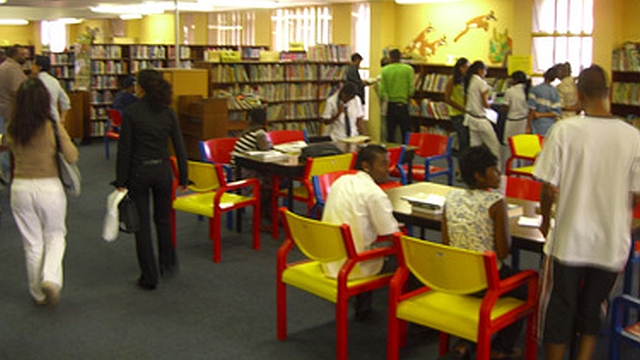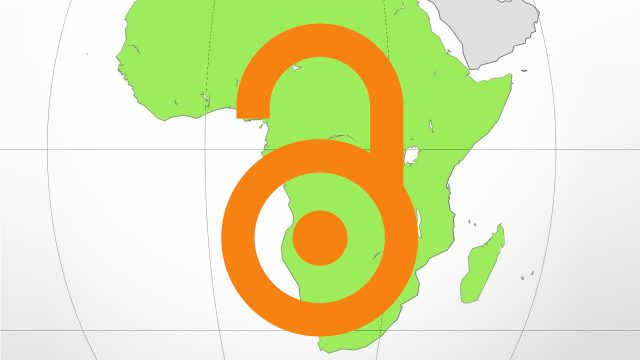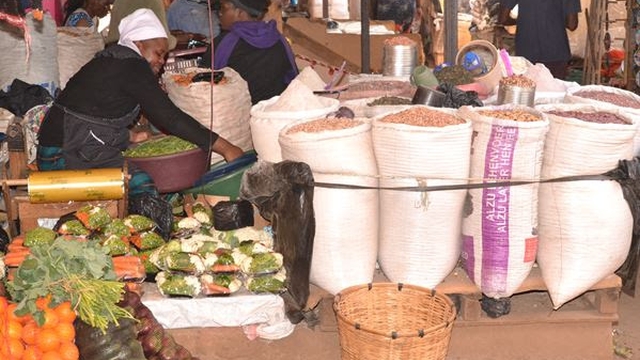
Enriching climate change discourses with indigenous knowledge perspectives
The relationship between climate change and indigenous knowledge systems (IKS) can be understood better if discussed from a historical perspective. This approach can show pathways and trends through which indigenous knowledge was an integral driver of how African communities dealt with a changing climate using their knowledge, values, intuitions and experiences. Historical trends are also good at showing how climate knowledge was generated, preserved and passed on.
Starting from the originators of indigenous knowledge
Fortunately, most rural African communities still have elders who can be considered generators, preservers and conveyors of Indigenous Knowledge Systems (IKS). Engaging the originators of indigenous knowledge systems (IKS) can reveal what has been happening to IKS in particular communities over the years including the current situation. Very few people appreciate the fact that IKS embrace human beings, nature, animals and other resources within which knowledge is embedded. From this perspective, what is evident in most African countries is that IKS have slowly been replaced by imported knowledge from the Global North, with serious negative effects on local climates, people, wild life, nature and other ecosystems.
Although largely undocumented, most African communities have traditionally protected their IKS through their own structures such as capacities within the old generation. This is where age becomes very important as old people tend to be more knowledgeable about social, economic, cultural, environmental and political issues. Within the old generation are very important structures such as traditional leaders like Chiefs as custodians of customs and tradition, spiritual leaders, rain makers and many others. As these structures protected customs and tradition, they also protected embedded IKS.
The power of culture and relationships
Culture, customs and traditions were the main hubs of knowledge which was then passed to the younger generations. For instance, customs would generate, preserve and pass-on knowledge on social dignity and natural resources for instance setting processes followed in marriage customs including payment of dowry, empowering women and the girlchild through preserving some forms of dowry for women, among other critical norms and values which apparently co-existed with nature and climate. Culture also played a very important role in protecting the behaviour of communities – children were taught the value of respecting elders even if they may not be your biological parents, you cannot marry your relative and many others. Insisting on young people to marry people of their culture was meant to strengthen community cohesion and resilience. All these cultural traditions were built around relationships and fostered social cohesion.
The stronger the relationships the more knowledge became a public good. Knowledge around traditional medicine and food systems was shared through relationships. A farmer could get a very expensive livestock breed from his/her neighbour based on the strength of their relationship. On the contrary, where relationships were weak, one would pay for a breed which someone got for free on the strengths of existing relationships. Animal breeds were freely shared through communal herding of livestock based on social relationships. This is still happening among many communities including pastoralists in the Horn of Africa and other parts of the continent. A farmer who owns the best breed of bulls can easily allow his bull to go to the next farmer and transfer the breed to that farmer’s cows with no money exchanging hands. However, the same cannot happen in highly commercialized systems that drive neo-liberal commerce that was borrowed from the Global North.
Beliefs have remained another fundamental site of knowledge for many African communities. For instance, beliefs such as rain making (Mukwerera in the Shona culture of Zimbabwe) used to be sources of resilience and solutions for communities. Rain making was conducted in order to receive some rainfall from Mother Nature through spirit media and the departed ancestors. This would avert hunger and other challenges like human-wildlife conflict. Rain making was not only conducted for the benefit of human beings but also for the benefit of nature and wild life. Indigenous fruits would produce more fruits and wild animals would produce more off-springs, thanks to rain making by human beings. Unfortunately, such IKS have not been researched and documented to a point where they can be understood by non-indigenous people.
The connection between IKS, climate change, and colonialism
It is within the above context that IKS and climate change cannot be separated from colonialism. Changes that have taken place in most African communities have been caused by the infiltration and substitution of IKS by imported western knowledge systems whose main interest has remained exploiting natural resources. The first stage was colonizing IKS through introducing academic education. All studies about nature focused on changing the mindsets of human beings as the custodians of IKS. In formal schools, African children started learning imported knowledge about the environment, nature and other foreign content, with IKS completely absent in school curricula.
The second route was introducing new governance structures to replace custodians of IKS like Chiefs who have mostly been replaced by government departments and politicians. Through these imported structures, young Africans who pass through academic institutions, formal industry and politics are given more power to control natural resources and communities than traditional leaders. Imported knowledge is used to over-ride IKS. For instance, in the judiciary, where chiefs are supposed to be custodians of the law, we now have magistrates and judges who have absorbed imported knowledge presiding over all legal issues including those that can be easily solved through traditional customs, relationships and values. Formal government institutions like the Environmental Management Agency (EMA) now control and preside over the environment which is supposed to be the role of chiefs who traditionally knew the entire ecosystem including sacred places. The ministry of mines has given itself power to desecrate sacred mountains that were used for important rituals.
Impact on food systems
Food systems are the biggest spaces where IKS have been undermined and replaced with imported knowledge. Consequently, several farming communities are paying heavy prices for dumping their own IKS related to food systems. Where communities used to produce food using their IKS, resilience was guaranteed. Imported knowledge came with imported seed, chemicals and technologies that now dominate food production practices at the expense of IKS and local climates.
The coming of industrial agriculture with new knowledge replaced the whole IKS around food. Government and private extension services including extension narratives promoted by development agencies all glorify imported knowledge. This is being pushed even in communities where evidence shows that people resort to IKS during droughts and other shocks. Since they have been persuaded to dumb IKS for imported practices, when imported inputs fail to perform due to a changing climate, communities become more vulnerable because they have lost their IKS. Another sign that African food systems have been captured is seen by how processed foods are replacing raw commodities using formulae – processed cooking oil replacing diverse forms of peanut butter.
At a much higher level, independent African countries have just adopted colonial systems without reflecting on how these systems impact IKS and the local climate. They are increasingly promoting the use of imported knowledge as proven by the type of agriculture and food systems – producing tobacco, use of chemicals and building houses swampy areas like wetlands which were considered sacred and sources of food in most African countries. Boreholes are being drilled everywhere using imported technology without consulting Chiefs who are the custodians of local resources including watersheds. Some of the sacred places have been converted into tourist sites, destroying the sacredness and traditional spirituality associated with these important shrines.
When policy makers fail to protect their own IKS and climate which give them identity, that is another type of colonization which invites dependence on imported knowledge for everything. For instance, in the education sector, African governments are scrambling for Western scholarship grants to learn imported knowledge and also seek grants for climate change programs as if that is a sustainable solution.
Need for IKS recognition, support, and protection
There is definite need for ways of compensating communities which have lost their IKS. Currently, no government or NGO is running programs that try to resuscitate IKS. Why? It means African countries are captured. Recognition, support and protection of IKS can become a new form of independence that will not need any support from the outside world. An example of the extent of IKS loss is seen in how most African communities lack IKS around their own wild animals which were all moved to national parks for foreigners to come and study and make money through documentaries about the behaviour of African wild animals. Who has more knowledge about the behaviour of African wild animals, foreigners or local people who have co-existed with wild animals for generations? If action is not taken, the future young African generation will lose their identity to the extent of failing to interpret their own climate the way African elders use fruit trees and the environment to interpret the weather and climate. Being completely devoid of IKS on their own climate and food systems, the young generation will continue depending on imported food and imported knowledge.
Charles Dhewa, CEO, Knowledge Transfer Africa
Email: charles@knowledgetransafrica.com / charles@emkambo.co.zw / info@knowledgetransafrica.com
Website: www.emkambo.co.zw / www.knowledgetransafrica.com
Mobile: 0772 137 717 / 0774 430 309 / 0712 737 430
Article source: eMkambo blog. Reproduced by permission.
Header image source: Author supplied.

